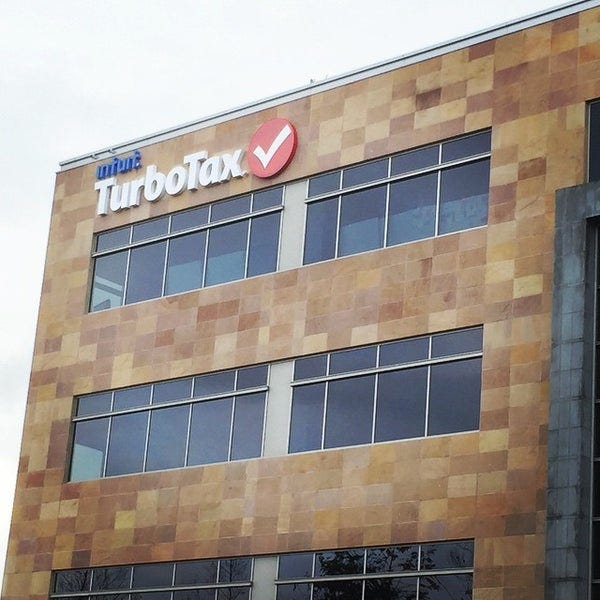I’ve Read Too Many Intuit Success Stories—Here’s What They Actually Get Right
Some overlooked strategies that made Intuit a small-business essential
Every time I get curious about great business strategies and go look for examples, Intuit shows up.
It doesn’t matter if I’m reading about product, retention, customer success or company culture—they’ve figured it out.
And almost every time, the key takeaways is the same—customer obsession.
I know, I know…
We’ve heard customer obsession a little too much. Every company says they do it. Every founder says it at least 25 times a day.
But, what did Intuit actually do, over and over again, to turn “customer obsession” into one of the strongest competitive moats?
I’ll attempt to break it down. No boring stories, just a few key takeaways after a short story.
The Intuit Playbook in Action
It started with a phone book.
Back in the early days, Scott Cook (Intuit’s founder) wanted to understand what small-business owners actually needed. So he and his team picked up a physical phone book, called random businesses, and just listened.
No sales pitch. No product demo. Just question after question about what made managing money frustrating.
Most of the people spoke of not having an accountant and that they weren’t experts in money management. So Intuit built QuickBooks—not for accountants, but for people who hated accounting.
Took them 4 years to get 85% of the market share.
Then came TurboTax. Intuit focused on the everyday person who dreaded tax season. They designed it so anyone—without knowing anything about tax—could file their return with confidence, making it a default choice for millions.
They did it again with Mint—it was automatic, visual, and intuitive. Took budgeting from a chore to a habit.
There are many such products to talk about under Inuit’s belt.
A year ago, I realized Mailchimp is also under Intuit.
They seem to be predicting customer pain points, not just responding to them. They see friction before it becomes a complaint. They build solutions before users even realize they need them.
You see, this is customer obsession.
So, here’s what I see
➔ Most companies say they listen to customers. Intuit actually builds around what people struggle with, not just what they ask for
➔ The best products don’t just solve problems, they become habits. QuickBooks, TurboTax, Mint—once you start using them, they’re hard to leave
➔ Retention beats acquisition every time. While fintech startups fight for new users, Intuit makes sure businesses never want to switch
➔ Simplicity is underrated. Their products aren’t overloaded with features—they focus on what actually makes life easier for the user
➔ They don’t wait for disruption, they stay ahead of it. QuickBooks Online, AI-powered tax prep, the Mailchimp acquisition—moves made before the market forced them to react
➔ Intuit isn’t flashy, but that’s exactly why they win. They focus on making finance invisible, not exciting. And for customers, that’s exactly what they want
I’m sure it will be a good place to work at. You can’t keep winning without a good culture.
I’ll try and talk to someone senior at the company to get more insights for the next Intuit article.
As always, thanks for reading. Hope you have a great week ahead.









